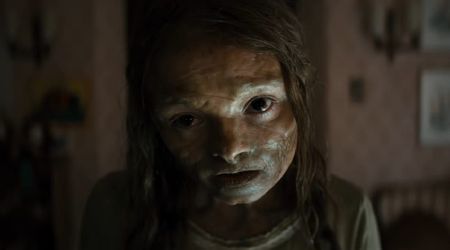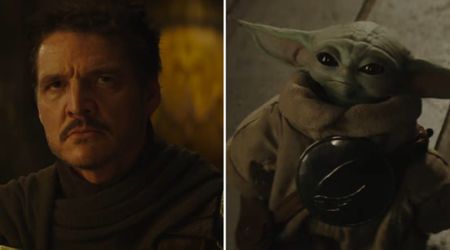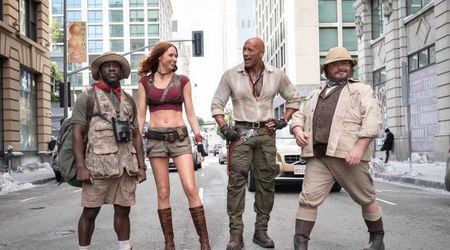Eating God in the Andes: The harrowing real-life story behind the movie 'Society of the Snow'

Movie name: Society of the Snow (La sociedad de la nieve)
Platform: Netflix
Country of origin: Spain
Date of Release: January 4, 2024:
Genre: Drama/Thriller/Historical
What is 'Society of the Snow' about?
'Society of the Snow' is the story of the few passengers who survive a plane crash in the Andes and their heroic -- and at times brutal -- struggle for survival in an inhospitable environment that tests everything that makes us human. It is based on a true story.
What happened to Uruguayan Air Force Flight 571?
On October 13, 1972, a Fairchild FH-227D took off from Montevideo in Uruguay headed for Santiago in Chile with 45 passengers on board. Among those on the flight were members of the Old Christians Club rugby team, along with family members and friends. While crossing the towering Andes, the pilots misread their location and started descending into what they thought was Santiago airport. On descent, the aircraft clipped a mountain ridge shearing off the wings and tail section. The intact fuselage slid 2,379 feet before being stopped by a snow block. Twelve people died immediately, and many more would die over the next couple of days from serious injuries sustained in the crash. For the survivors, however, it was the beginning of a 72-day ordeal that would test the limits of their humanity. Their story would become Andean -- and global -- legend.
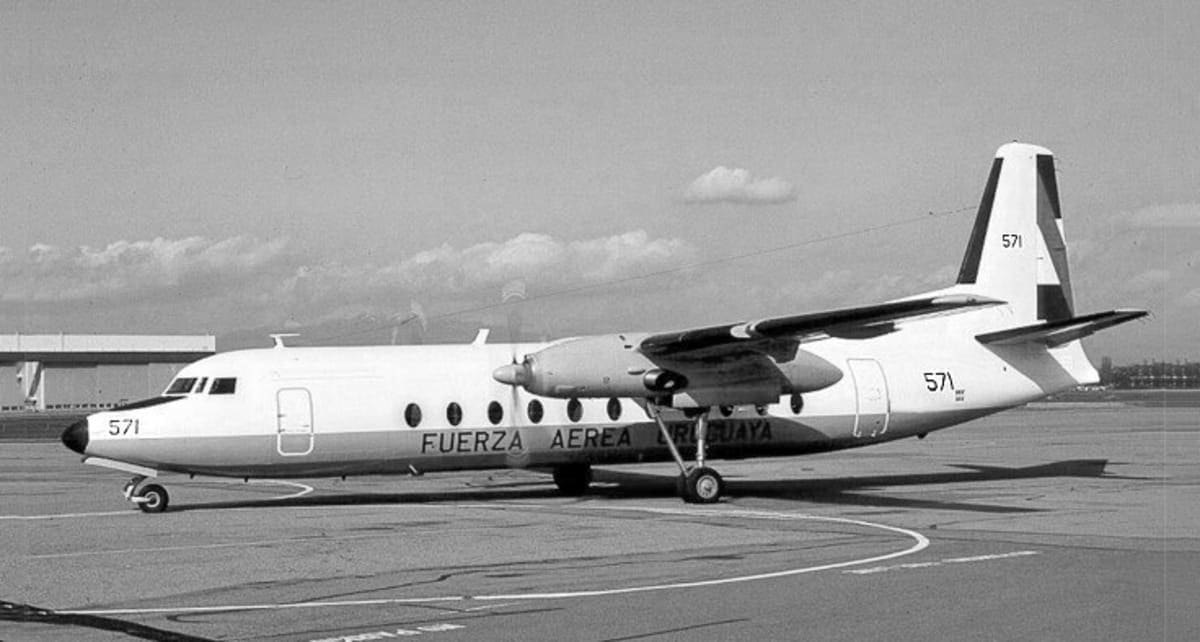
Was there a search for the crashed plane?
Yes there was, and a prompt one. The Chilean Air Force launched search-and-rescue flights within hours of the aircraft crashing. Only later was it realized that the plane had not even made it to Chile, the crash site was actually in Argentina. The white fuselage was almost invisible against the thick carpet of snow making identification from the air almost impossible. Some of the search aircraft even flew over the crash site, and though survivors tried everything to get their attention (SOS written in lipstick on the fuselage, a cross fashioned from luggage) it was to no avail. After eight days, the search was called off.
What is Hotel Termas El Sosneado?
In a truly cruel twist, the plane crashed just 13 miles from the abandoned spa resort Hotel Termas El Sosneado. If the survivors had got there the available shelter may have saved many lives.
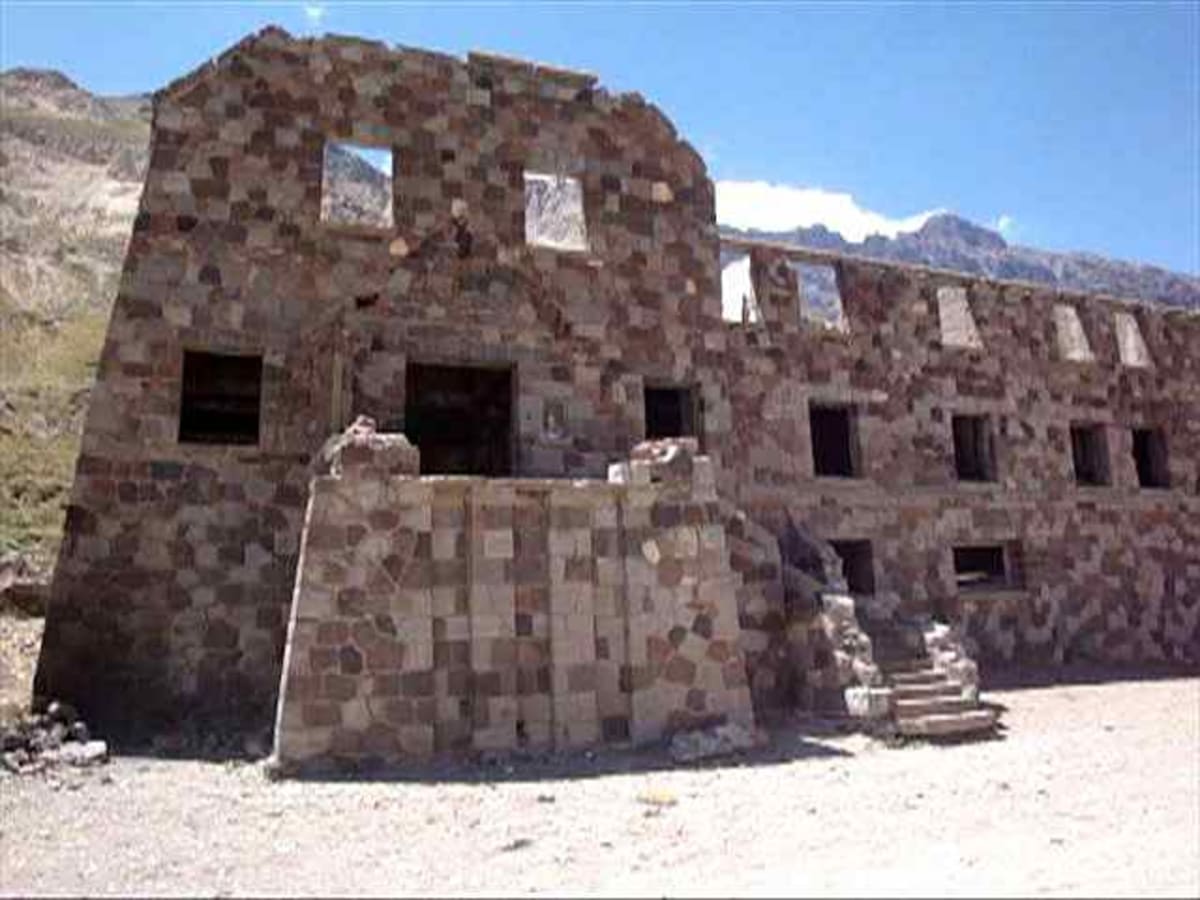
Did the survivors really resort to cannibalism to stay alive?
It is truly a sign of the media's quest for sensation that this became the main talking point of the survivors' 72-day struggle to keep alive. But the short answer is yes, the survivors did eat the dead (many of whom were family and friends). Though in their first press conference, survivors denied resorting to cannibalism, saying instead they survived on local vegetation and whatever food they had carried with them on the flight. But when search and rescue workers found remnants of a half-eaten human leg, it could no longer be denied. The survivors then revealed that they only resorted to cannibalism after they were reduced to eating the cotton stuffing from the seats and the leather from their belts, and then too the decision was taken after much debate. Many of the passengers were devoutly Catholic and feared 'eternal damnation' if they ate human flesh. But later many found a way to reconcile the eating of human flesh with receiving the Eucharist. Fernando 'Nando' Parrado, however, protected the bodies of his mother and sister so they would not be eaten. After the rescue, a priest heard the survivors' confession and absolved them of the sin of eating human flesh.
How were the survivors rescued?
The tale of the rescue is a triumph in itself. Almost two months after the crash, three passengers -- Parrado, Roberto Canessa and Antonio 'Tintín' Vizintín -- decided it was time to see if they could reach civilization and bring help. After three days of walking and climbing, and with the hope of getting out of the mountains fading, Vizintín decided to head back to the camp to save on food. Parado and Canessa carried on. After a heroic 10-day trek through treacherous terrain, the duo finally met three men on horseback: Parado and Canessa had been saved, now they just had to save the 14 other survivors back at the camp. Word soon reached the Chilean authorities of the survivors and the rescue missions began. It took two days to rescue all the survivors, but by December 23, 1972, all had been saved.
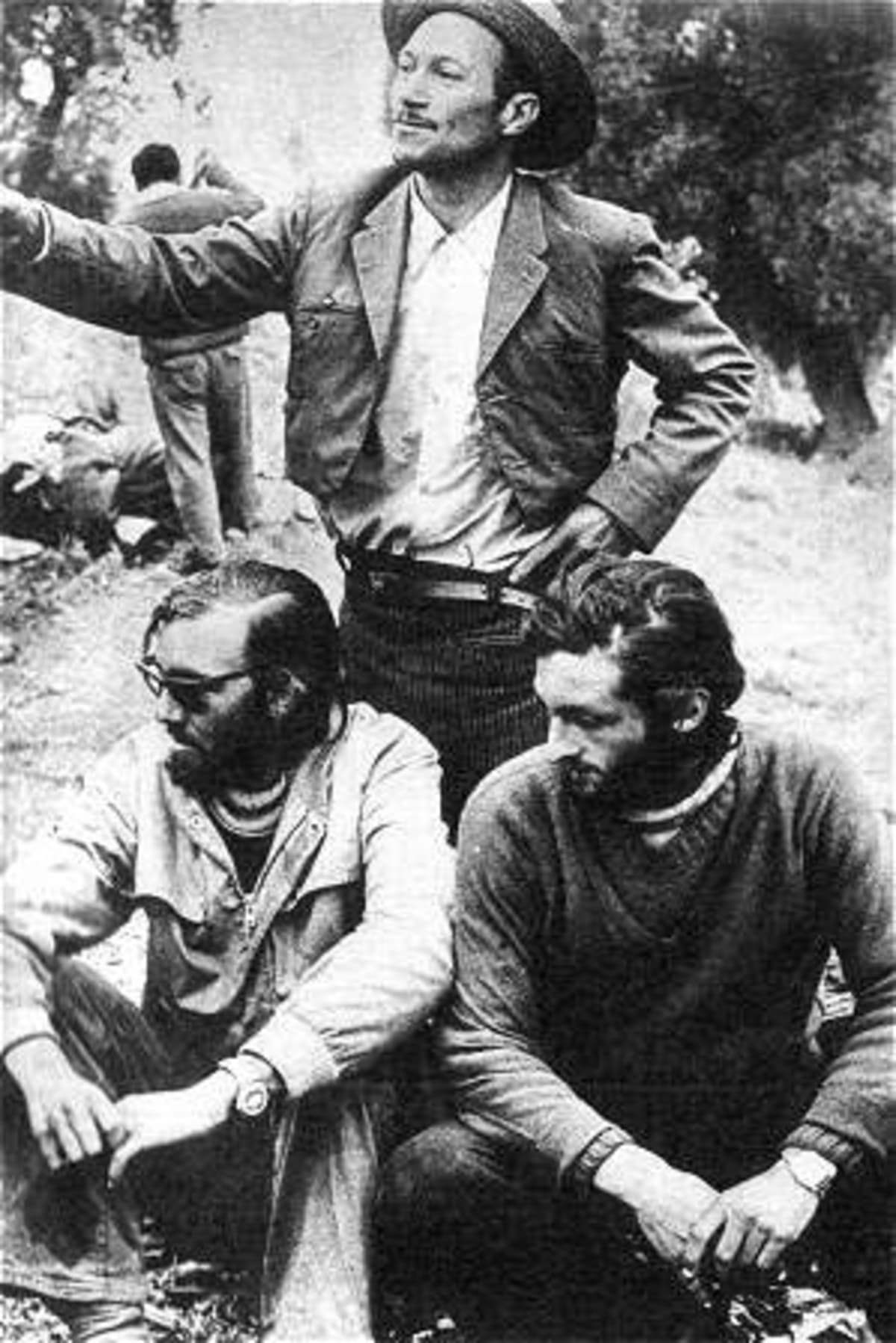
Did they ever recover the bodies?
The bodies could not be recovered by the Chilean rescue teams as they were technically in Argentinian territory. Argentinian authorities and the families of the deceased decided instead to bury the 28 dead at the site. A simple memorial was made that read: "The world to its Uruguayan brothers/Close, oh God, to you".
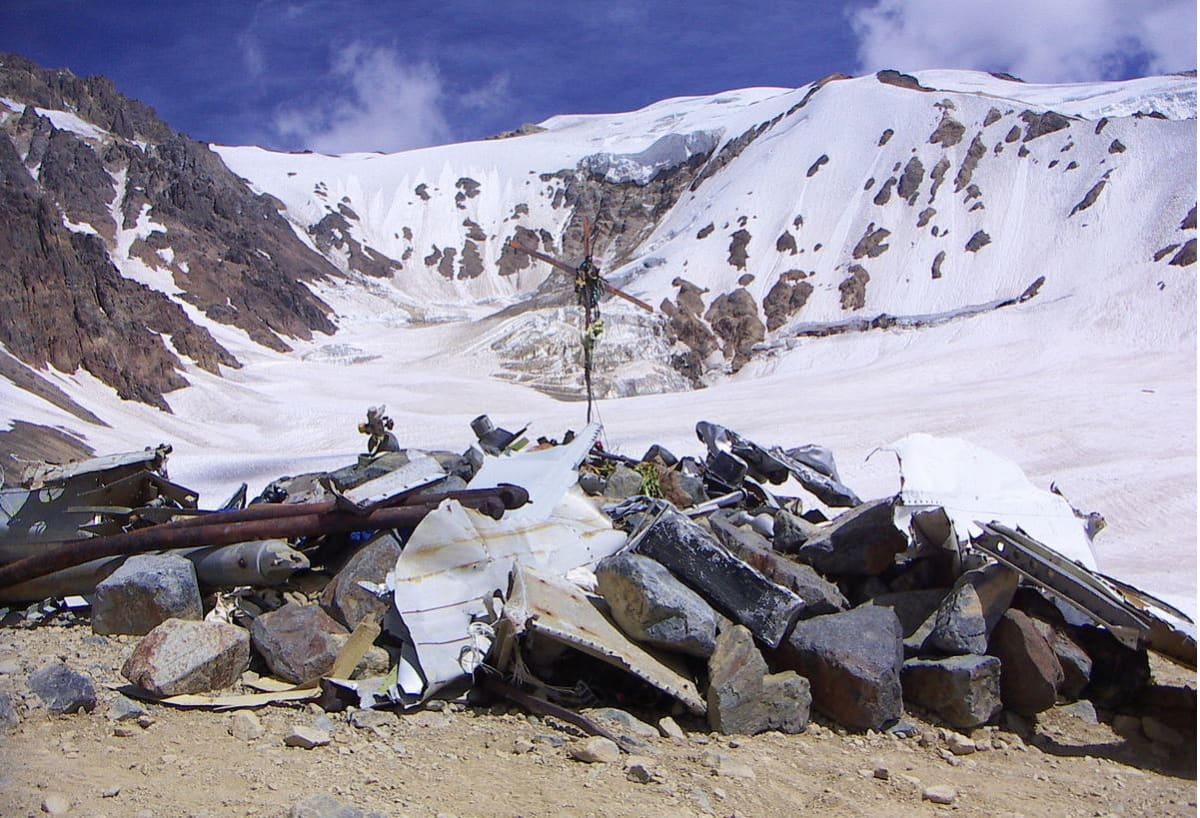
What happened to Canessa and Parrado?
Roberto Canessa went on to become an eminent cardiologist in Uruguay and in 2019 was made honorary fellow of the American College of Cardiology. Parrado, shattered by the deaths of his mother and sister, spent a few years in limbo after the rescue. He then became a race car driver and a TV personality. in 2006 he published 'Miracle in the Andes: 72 Days on the Mountain and My Long Trek Home'.
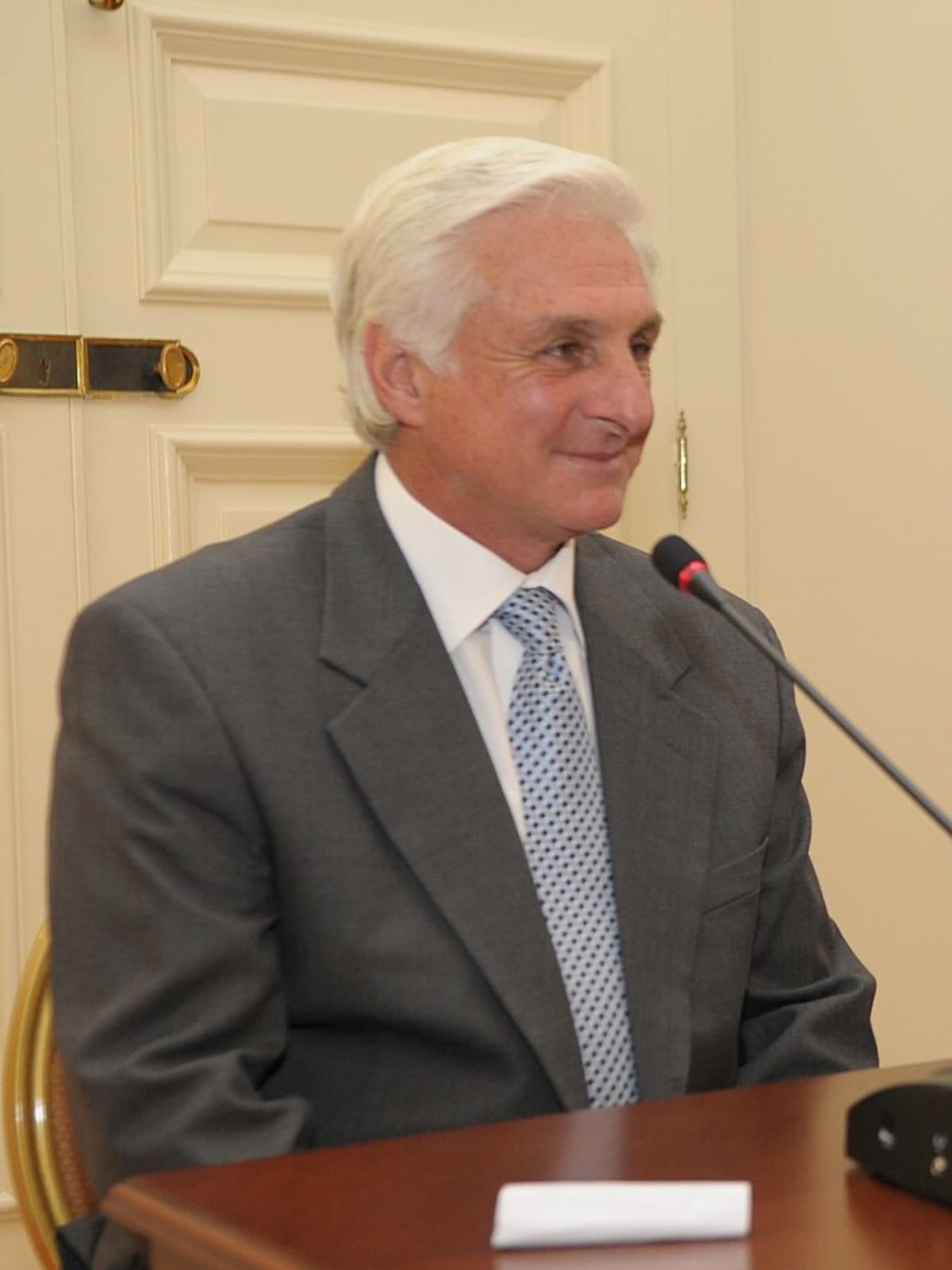
Full list of passengers on Flight 571
Survivors
José Pedro Algorta (S)
Roberto Canessa (S)
Alfredo Delgado (S)
Daniel Fernández (S)
Roberto Francois (S)
Roy Harley (S)
José Luis Inciarte (S)
Álvaro Mangino (S)
Javier Methol (S)
Carlos Páez Rodríguez (S)
Nando Parrado (S)
Ramón Sabella (S)
Adolfo "Fito" Strauch (S)
Eduardo Strauch (S)
Antonio "Tintin" Vizintín (S)
Gustavo Zerbino (S)
Died in the crash or the following days
Gastón Costemalle
Alexis Hounié
Guido Magri
Daniel Shaw
Carlos Valeta
Dr Francisco Nicola
Esther Horta Pérez de Nicola
Eugenia Dolgay Diedug de Parrado
Fernándo Vázquez
Francisco Abal
Felipe Maquirriain
Julio Martínez-Lamas
Graciela Augusto Gumila de Mariani
Susana Parrado
Daniel Maspons
Juan Carlos Menéndez
Liliana Navarro Petraglia de Methol
Gustavo Nicolich
Marcelo Pérez
Enrique Platero
Diego Storm
Arturo Nogueira
Rafael Echavarren
Numa Turcatti
Have there been other movies made on the tragedy?
There have been quite a few. The most famous of these is Frank Marshall's 1993 film 'Alive' starring Ethan Hawk and Josh Hamilton. It was based on Piers Paul Read's definitive book 'Alive: The Story of the Andes Survivors' which was published just a year after the tragedy. Other movies have been the 1976 Mexican film 'Survive!' aka 'Supervivientes de los Andes' and the documentaries 'Alive: 20 Years Later' (1993), 'Stranded' (2007). The hit TV series 'Yellowjackets' is based on the story.
Is 'Society of Snow' worth watching?
The heroism and sheer effort of the human spirit shown by the survivors of the Andean plane crash makes for a soaring story; built on tragedy but ending in triumph. If you have not seen 'Alive' then certainly watch this. When the movie aired at the 80th Venice International Film Festival the critics were generally positive.
MEAWW Watch ranking
4 out of 5
'Society of Snow' trailer

